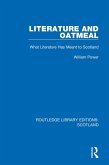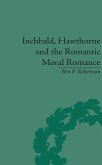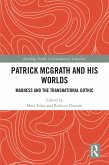"Strange Cases" is the story of the mutual influence of the case history and the British novel during the eighteenth and nineteenth centuries. Fictions from Defoe's "Roxana" to James's "The Turn of the Screw" sand case histories form George Cheyne's to Sigmund Freud's have found narrative impetus in pathology. The writer of a case history faces a rhetorical bind unique to the human sciences: the need to display the acumen of a scientist and the sympathy warranted to the suffering patient. Repeatedly, case historians justify their publicizing of extreme, often morbid or perverse, states of mind and body by appealing to readers to take pity on patients and to recognize the narrative as a vital social document. Diagnosis and sympathy, explicit rhetorical modes in case histories, operate implicitly in novels, shaping reader-identification. While these two narrative forms set out to fulfill and Enlightenment drive to classify and explain, they also raise social and epistemological questions that challenge some of the Enlightenment's most cherished ideals, including faith in reason, the perfectibility of humankind, and the stability of truth.
Dieser Download kann aus rechtlichen Gründen nur mit Rechnungsadresse in A, B, BG, CY, CZ, D, DK, EW, E, FIN, F, GR, HR, H, IRL, I, LT, L, LR, M, NL, PL, P, R, S, SLO, SK ausgeliefert werden.









